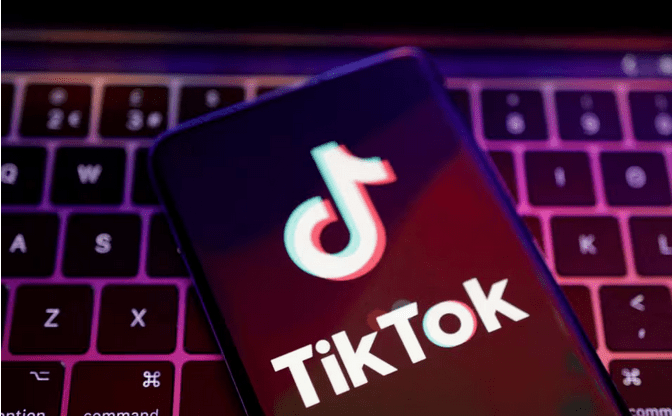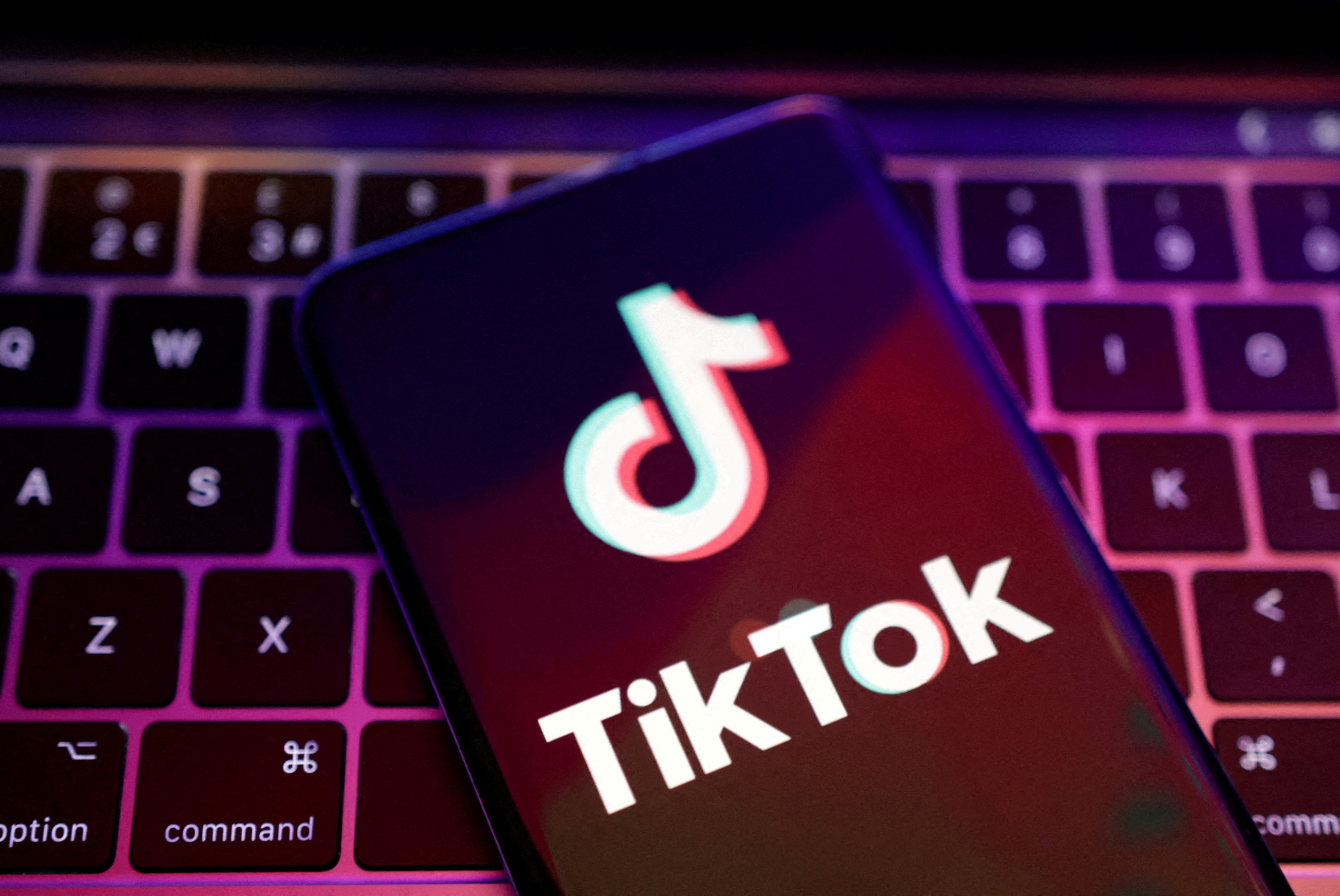
WASHINGTON, March 7 (Reuters) – The U.S. House of Representatives will fast-track a vote next week on legislation that would give China’s ByteDance six months to divest from short video app TikTok or face a U.S. ban after a committee unanimously approved the measure Thursday.
The Energy and Commerce Committee 50-0 vote represents the most significant momentum for a U.S. crackdown on TikTok, which has about 170 million U.S. users, since then President Donald Trump unsuccessfully tried to ban the app in 2020.
Prior efforts had stalled over the last year amid heavy lobbying by the company.
House Majority Leader Steve Scalise said on X lawmakers will vote next week “to force TikTok to sever their ties with the Chinese Communist party.”
TikTok, which says it has not and would not share U.S. user data with the Chinese government, argues the bill amounts to a ban and it is not clear if China would approve any sale, or that it could be divested in six months.
“This legislation has a predetermined outcome: a total ban of TikTok in the United States,” the company said after the vote. “The government is attempting to strip 170 million Americans of their Constitutional right to free expression. This will damage millions of businesses, deny artists an audience, and destroy the livelihoods of countless creators across the country.”
Before the vote, lawmakers got a closed-door classified briefing on national security concerns about TikTok’s Chinese ownership.
Representative Frank Pallone, the top Democrat on the committee, on Thursday said his hope was the law “will force divestment of TikTok and Americans will be able to continue to use this and other similarly situated platforms without the risk that they are being operated and controlled by our adversaries.”
Representative Mike Gallagher, the Republican chairman of the House select China committee, and Representative Raja Krishnamoorthi, the panel’s top Democrat, introduced legislation to address national security concerns posed by Chinese ownership of the app.
“TikTok could live on and people could do whatever they want on it provided there is that separation,” Gallagher said, urging U.S. ByteDance investors to support a sale. “It is not a ban – think of this as a surgery designed to remove the tumor and thereby save the patient in the process.”

TikTok users were flooding Capitol Hill with phone calls urging lawmakers not to back the measure after the app warned users it could be banned.
“Why are Members of Congress complaining about hearing from their constituents? Respectfully, isn’t that their job?” the company said on X.
Asked if the bill could impact the U.S. operations of Tencent’s (0700.HK)
WeChat, which Trump sought to ban in 2020, Gallagher said he would not speculate but said “going forward we can debate what companies fall” under the bill.
The bill would give ByteDance 165 days to divest TikTok; if it did not, app stores operated by Apple (AAPL.O), Google (GOOGL.O) and others could not legally offer TikTok or provide web hosting services to ByteDance-controlled applications.
White House press secretary Karine Jean-Pierre on Wednesday praised the proposal, saying the administration wants “to see this bill get done so it can get to the president’s desk.”
Commerce Secretary Gina Raimondo told Reuters she favored “a bipartisan comprehensive legislative effort that would allow us to resolve the very real national security threats” posed by foreign owned apps including TikTok but did not endorse the House bill.
The app is popular and getting legislation approved by both the House and Senate in an election year may be difficult. Last month, Democratic President Joe Biden’s re-election campaign joined TikTok.
Democratic Senator Mark Warner, who proposed a separate bill last year to give the White House new powers over TikTok, said he had “some concerns about the constitutionality of an approach that names specific companies,” but will take “a close look at this bill.”
The new bill is aimed at bolstering the legal authority to address TikTok. Trump tried to ban TikTok in 2020 but was blocked by U.S. courts.
A U.S. judge in late November also blocked Montana’s first-of-its kind state ban on TikTok, saying it violated the free speech rights of users.
The Treasury-led Committee on Foreign Investment in the United States (CFIUS) in March 2023 demanded ByteDance sell their TikTok shares or face the possibility of the app being banned, Reuters reported, but no action had been taken.
Source: www.reuters.com






